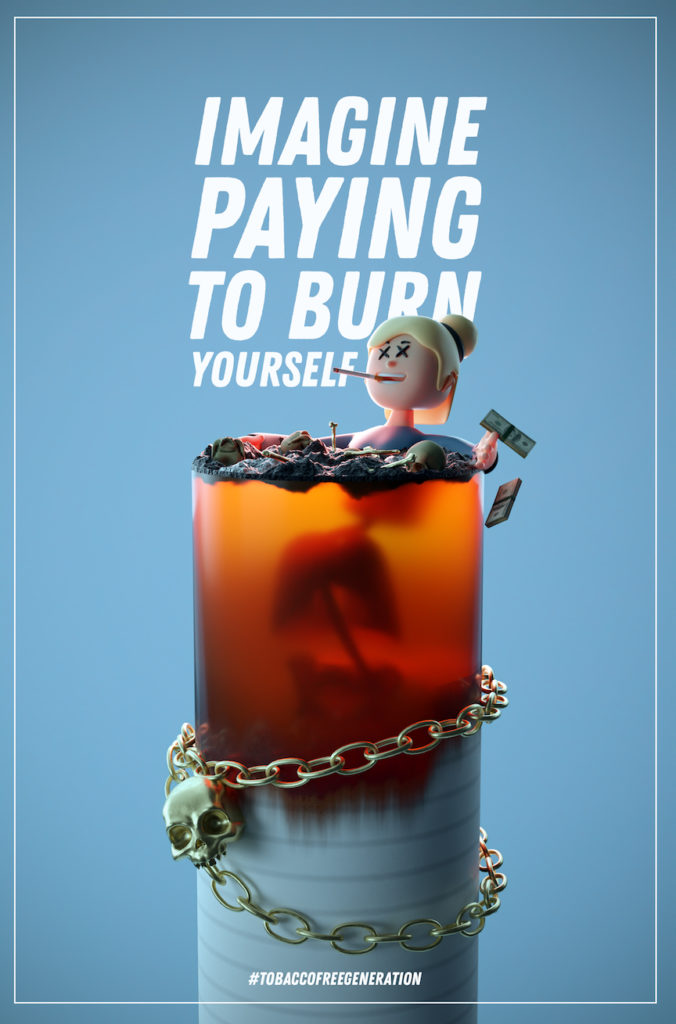The human immunodeficiency virus (HIV) and acquired immune deficiency syndrome (AIDS) are serious public health concerns globally, and the Philippines is no exception. In recent years, the country has seen an increase in the number of reported cases of HIV/AIDS, which highlights the need for continued education, prevention efforts, and access to care for those living with the virus.
Based on the December 2022 HIV/AIDS Registry of the Philippines report, there were a total of 14,970 new HIV cases detected between January and December 2022. The 2022 figure is 2,631 cases higher than the 12,339 cases recorded in 2021, according to the Department of Health.
The primary mode of HIV transmission in the Philippines is through sexual contact, particularly among men who have sex with men (MSM). The country also reports a high number of new infections among female sex workers, who are particularly vulnerable to the virus. However, there has been a significant increase in the number of cases among women in recent years, with heterosexual transmission becoming a more common mode of transmission.
To address the growing HIV epidemic in the Philippines, the government has taken several measures to increase access to HIV testing and counseling services, antiretroviral therapy (ART), and other essential health services. The Department of Health (DOH) has established a national HIV/AIDS and ART registry, which provides real-time monitoring and tracking of the HIV/AIDS epidemic and ART coverage.
The DOH also provides free HIV testing and counseling services at selected health facilities and community-based organizations throughout the country. Additionally, the government has implemented a comprehensive program to provide ART to those living with HIV, which includes the distribution of antiretroviral drugs and the strengthening of health systems to support the delivery of quality care.
In addition to the efforts of the government, non-governmental organizations and civil society groups have also played an important role in addressing the HIV/AIDS epidemic in the Philippines. These organizations provide a range of services, including HIV testing and counseling, ART, and support for people living with HIV/AIDS. They also work to raise awareness about the virus, reduce stigma and discrimination, and provide education on HIV prevention and care.
Despite the efforts of the government and civil society, the HIV/AIDS epidemic in the Philippines continues to face several challenges. One of the main challenges is a lack of access to quality HIV testing and counseling services, particularly in rural and remote areas. This is due to a shortage of health workers, inadequate funding for health programs, and limited infrastructure for delivering health services.
Another major challenge is stigma and discrimination against people living with HIV/AIDS, which can prevent them from accessing essential health services and support. This is particularly true for key populations, such as MSM, female sex workers, and people who inject drugs, who often face discrimination and marginalization from society.
To effectively address the HIV/AIDS epidemic in the Philippines, it is crucial to continue to raise awareness about the virus, promote HIV testing and counseling, and provide access to ART and other essential health services. It is also important to reduce stigma and discrimination against people living with HIV/AIDS and to empower key populations to access the care and support they need.
In addition to the efforts outlined above, the Philippines government has also taken steps to address the root causes of the HIV/AIDS epidemic. For example, they have launched campaigns to promote safe sexual practices, such as the consistent and correct use of condoms, as well as education on pre-exposure prophylaxis (PrEP), a medication that can be taken to reduce the risk of HIV infection.
Furthermore, the Philippines has also made efforts to increase access to harm reduction services for people who inject drugs, including the provision of clean needles and syringes, opioid substitution therapy, and overdose prevention services. These services play an important role in reducing the risk of HIV transmission among people who inject drugs, who are one of the most vulnerable populations in the country.
The government and civil society organizations have also made efforts to address the social determinants of health, such as poverty, lack of education, and gender-based violence, which can increase the risk of HIV infection and limit access to care for people living with HIV/AIDS.
In recent years, there has been a growing recognition of the importance of human rights and legal protection for people living with HIV/AIDS in the Philippines. This includes efforts to reduce stigma and discrimination against people living with the virus, as well as to improve access to justice for those who experience human rights abuses, such as employment discrimination and denial of healthcare services.
In conclusion, the Philippines faces a complex and growing HIV/AIDS epidemic, which requires a comprehensive and coordinated response from all sectors of society. To effectively address the epidemic, it is crucial to continue to increase access to quality HIV testing and counseling, ART, and other essential health services. It is also important to reduce stigma and discrimination against people living with HIV/AIDS, to empower key populations to access the care and support they need, and to address the root causes of the epidemic, such as poverty, lack of education, and gender-based violence. Only by working together can the Philippines successfully address the HIV/AIDS epidemic and ensure that people living with the virus have access to the care and support they need to lead healthy and fulfilling lives. MVT





